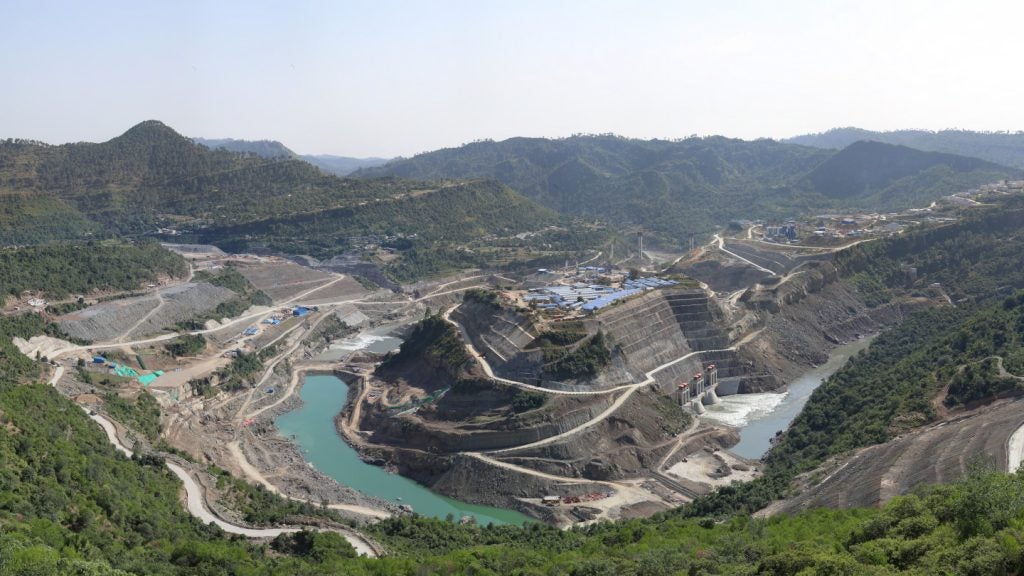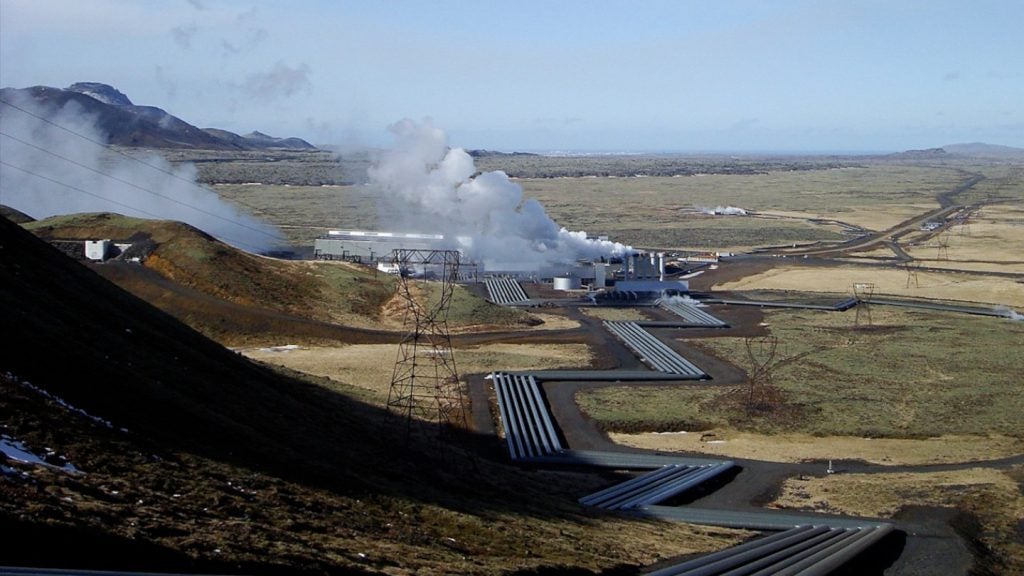The Taweelah A1 is a gas-fired electricity and desalination plant with a total gross power output of 1,672.5MW and 84.8 million imperial gallons a day (MIG / day) of water desalination capacity.
The Abu Dhabi Water and Electricity Authority (ADWEA) signed a contract with TotalFinaElf and Tractebel for the purchase, expansion and refurbishment of the Taweelah A1 plant in July 2001. The plant was commissioned on 1 May 2003 under the $1.5bn A1 extension project, which was completed in 2006 within budget.
ADWEA signed a long-term contract to buy power and water from the plant, which meets about a quarter of Abu Dhabi’s water and power needs.
The plant also underwent A10 extension project, which was completed in 2009.
Upgrade and extension at Taweelah
The power block of Taweelah A1 consists of ten gas turbines, ten heat recovery steam generators (HRSG) and three steam turbines.
During the 2006 expansion, the three GE 9E co-generation gas turbines were equipped with bypass stacks so that they could be operated in high-pressure single or combined cycle modes. There were also five new combined cycle 9E gas turbines.
The original three heat recovery steam generators (HRSG) were replaced with eight standardised pieces of equipment and three new steam turbines that receive steam from the HRSGs via a common header. Three new 202.7MW back-pressure steam turbines were added to supply steam for the desalination units.
Four of the existing multi-stage flash (MSF) desalination units were upgraded to eight million gallons per day each, and 14 multi-effect distillation (MED) desalination units added 3.77 million gallons (14 million litres) per day each. The potable water storage tanks were upgraded to a total capacity of 80 million gallons (300 million litres) per day.
Taweelah A1 supplies water for farms, tree plantations and parks that are part of the government’s irrigation and development programme. High voltage electricity cables of 132kV and 400kV were installed to the Transco grid station.
A10 extension
In February 2007, Gulf Total Tractebel (GTTPC) announced a further extension of Taweelah A1, together with the refinancing of its existing debt. GTTPC is 60% owned by Gulf Power Company and 40% by Total Tractebel Emirates Power Company (Total 50%, SUEZ-Tractebel 50%).
Taweelah A1 had an original production capacity of 1,360MW and 380,000m³ per day. From 2009, the extension increased the total power capacity to 1,592MW. The extension was for a turnkey construction contract from Doosan Heavy Industries & Construction.
Two more GE 9E series gas turbines were installed as part of the A10 extension project, along with ten supplementary fired HRSG fitted to the exhaust of each gas turbine.
There will be a six-year extension of the power and water agreement until 2029 for the whole plant, as well as amended financing arrangements under better terms and conditions for GTTPC and its shareholders. The refinancing is costing $1,102.5m with a maturity of approximately 22.5 years. It was arranged with a syndicate of 23 international banks, with BNP Paribas and Calyon acting as the initial mandated lead arrangers / underwriters.
Finance and subcontractors
In 1999 and 2000, ADWEA negotiated the contracts for Taweelah A1, and final agreements were made in December 2001. The agreement involved the sale of the original plant from ADWEA to Gulf Total Tractebel (60% Gulf Power Company, 20% Tractebel, the energy subsidiary of Suez Lyonnaise des Eaux, and 20% TotalFinaElf).
Tractebel signed a €280m contract with Vivendi for desalination equipment to provide potable water. It supplied 14 desalination units at 17,150m³/d to produce a total of 240,000m³ / d. Seawater is desalinated using a process of multiple effect and compression.
Babcock Borsig Power (BBP), now taken over by Babcock Power, won a €410m contract for the five GE gas turbines, three steam turbines and the eight boilers. It supplied the eight heat recovery boilers through its then subsidiary, NEM.
BBP Services provided piping, installation and maintenance of the auxiliary boilers and firing systems. Another subsidiary, Oberhausen, supplied the air condensers, and another the electrical and control engineering.
Norton Rose was the intermediary for the financing that was agreed in December 2001 between ADWEA, BNP Paribas and Citibank NA. Consultants to ADWEA during the agreement process included SCFB, Fichtner, White and Case and Al Tamini.
Sidem supplied MED units for seawater desalination at the plant and was retained as a primary subcontractor for the construction of the power and desalination unit of the plant extension.
Maintenance and revision
All desalination and power block equipment were revised by the engineering firm Sargent and Lundy throughout 2002/03. It included comparisons of power and water purchase agreements, site construction progress, fuel use compared to performance and payment of contractors.
GE International supplied the long-term maintenance contracts for the plant for parts repairs, field services and upgrades of the GE Frame 9E gas turbine generators and the eight GE Frame DLN machines.
The Dolphin project
The Taweelah plants are on the receiving end of a pipeline from the Dolphin Gas Project. The first phase was a $3.5bn development for the easy provision of natural gas to a number of receiving terminals via a 48in-diameter, 350km pipeline. It is estimated that the full cost was $10bn.
Halliburton Brown and Root designed and constructed the gas transmission pipeline, the gas receiving and metering facilities at Taweelah and a riser platform. The Dolphin Project transports 2 billion ft³ / d (56 million m³ / d) of natural gas.










